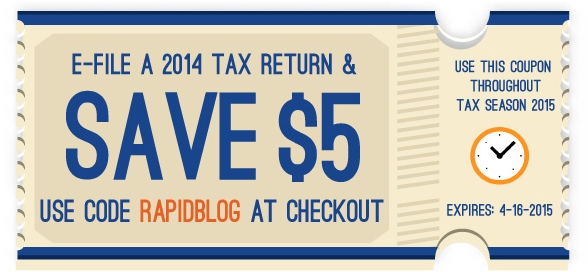2014 Short Term Capital Gains are taxed as “ordinary” income
As of 2013, individuals earning an income of $450,0001 and over saw an increase in the capital gains tax rate. For this group, long term capital gains tax rate jumped from 15% to 20% while the short term 2013 capital gains tax rates increased by 4.6%.
Check out part one of this article, to learn about long term capital gains. Keep reading for more on short term capital gains and how they relate to filing your taxes.
What are short term capital gains?
A Capital gain is a profit made from selling any asset when the sale price exceeds the purchase price.
The capital gains clock begins the day after you acquire the asset until the day you sell it (this includes day you sell it). Depending on how long the capital gain is held for will determine if it falls into the short-term category or long-term.
Continue reading “What is the Tax Rate for Short Term Capital Gains?”




